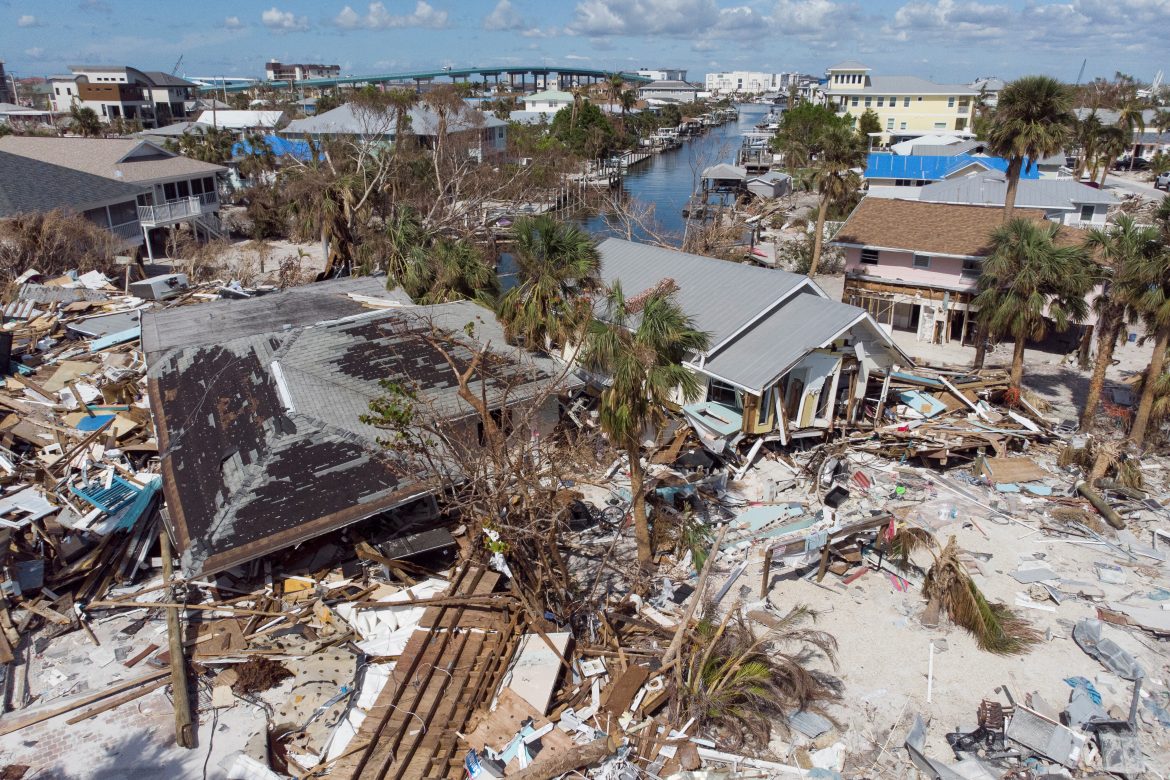British-American insurance broker, AON on Wednesday said that natural disasters, many of which are climate-related, caused global economic losses of $313 billion in 2022, of which less than half was insured.
It said that the insurance sector covered $132 billion in losses from natural catastrophes which is about 57% above the 21st-century average, thereby leaving a global ‘protection gap’ of 58%.
Although the number of catastrophic events such as floods and hurricanes increased to 421 individual events in 2022 compared to an average of 396 since 2000, AON said the protection gap was one of the lowest on record.
“It (protection gap) was relatively low due to the fact that many of the costliest disasters occurred in countries with mature insurance markets such as the U.S. or Europe, whereas losses in less-covered regions such as Asia were well below average,” Michal Lörinc, head of catastrophe insight at Aon, told Reuters.
Read also: Climate Finance: Osinbajo says African carbon market targets $1 billion
The report showed that 75% of the global insured losses occurred in the United States with Hurricane Ian which hit Florida in September 2022 and caused insured damages that amounted to over $50 and $55 billion from total economic losses of $95 billion being the most significant.
Hurricane Ian is the second most expensive natural disaster the insurance sector has ever faced and Aon said that about two-thirds of 31,300 deaths that occurred due to natural catastrophe events in 2022 were linked to severe heatwaves in Europe between June and July.
In Australia, insured losses linked to floods hit a record high of $4 billion as a weather pattern associated with wet weather called La Niña extended its impacts into 2022 causing severe rainfall and flooding across the country.
Similarly, in Pakistan, the monsoon season caused 175% above-average precipitation from July to September, said Aon citing the local Meteorological Department.
Story was adapted from Reuters.
